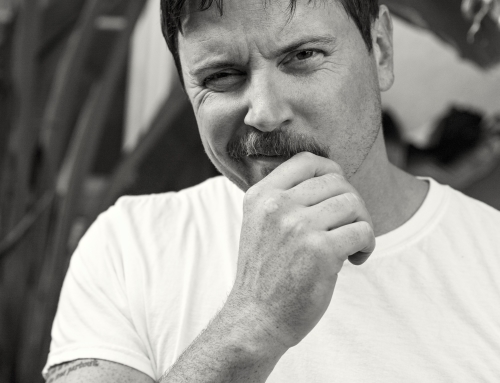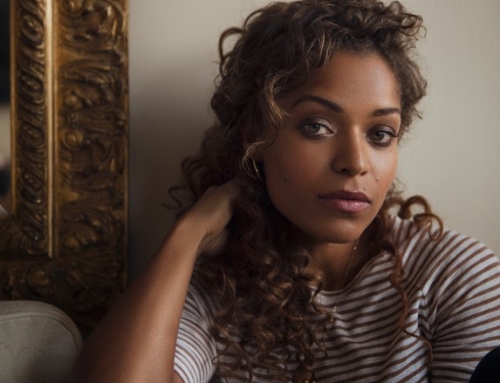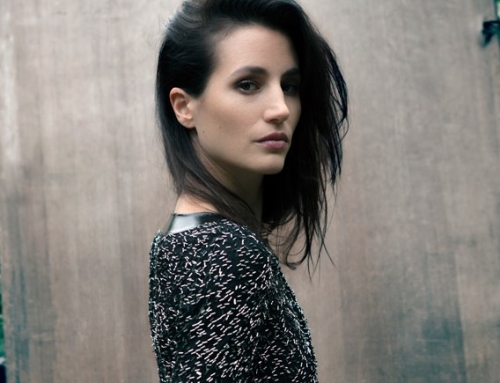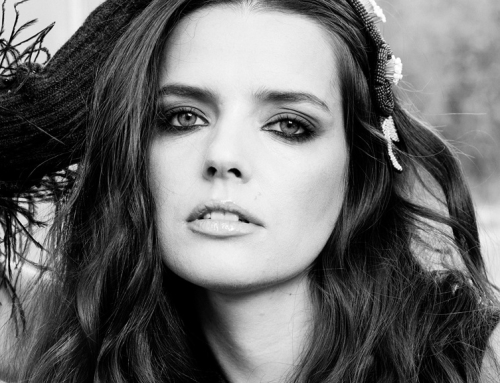For director Peter Glanz, modern love is: “Ceaselessly perplexing. Endlessly amusing. A constant source of material.” And so it is for the characters of his latest release, The Dinner Party, who, over the course of one evening, learn that for every fancy amused there is turned out a perplexed soul — the amused not excluded.
The second work in a trilogy of shorts stalking the path of the illusive and schizophrenic partiality we call Love, The Dinner Party — screened at this year’s Tribeca Film Festival — is a bracing contribution to a genre of cinema that has been diluted by commercially viable happy endings.
Taking narrative cues from directors such as Chris Marker and Woody Allen, and canon French New Wave films including Masculin Féminin, Cleo From 5 to 7, A Man and a Woman, and Jules et Jim (essentially all romantic comedies according to Glanz), the young director leans on pouncing wit to extract sobering moments of sincerity. “There’s a certain cinematic iconography that I’m trying to obtain,” explains Glanz. “Over time, ‘romantic comedies’ have taken on a pejorative connotation. By no means am I trying to reinvent the pseudo-intellectual romantic comedy, I merely think it can be an entertaining and relatable canvas in which to tell a story.”
The not-so-classic tale of girl has boy, girl visits psychic who tells girl she will lose boy to best friend, The Dinner Party is as much a meditation on contemporary culture as it is a study in the psychosis of lovers.
At the crux of the emotional turbulence is Arthur, a three-star art-house hipster, complete with shrunken dinner jacket and quipable knowledge of art, politics, and indigenous culture as read in The New Yorker. Played seamlessly by Pete Chekvala (the official male lead of Glanz’s trilogy of shorts), Arthur’s transparency is the punchline to love’s callous jest. Fitted with the chameleon charms and vices of his generation, Arthur is the product of an education in entitlement, with no exception to matters of the heart. “He was born with the explicable conundrum of ‘wanting his Kate and Edith, too,’” laughs Glanz.
Playing the reigning and competing female leads in Arthur’s current round of what Glanz labels “serial polygamy” are the wealthy and beautiful Zelda (Jane Anne Thomas) and Nina (Kate Danson). Teetering between mistrust and deceit whilst suspended by chance, the story opens to reveal the leeriness of love’s golden glow.
“The core theme of being in love with the idea of a person and not the actual person them self is something that I find myself continually exploring in my films,” says the director. “Love is definitely portrayed as an ideal, but aren’t all ideals ‘ideas?’ If ideals are a standard of perfection, I would retort that perfection is an unattainable concept, an abstraction, an ‘idea’ — not a reality. And that’s a hard lesson each of the central characters has to learn.”
A cautionary tale to any who do not recognize themselves in the plot, The Dinner Party warns that when love plays minx, hearts shall be martyred. That and, as Glanz points out, “don’t believe everything a psychic tells you … at least not as fact.”

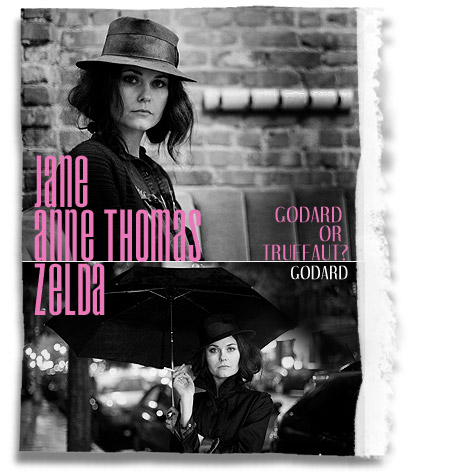
What was your favourite film as a child?
It was a strict competition between The Last Unicorn, Disney’s animated Robin Hood, and The Dark Crystal (even though the Skeksies scared me half to death).
What’s your favourite thing to do in NYC and why?
Have adventures with my friends. There is such a specific and uniquely heightened sense of intimacy and kinetic possibility to New York — it’s unlike any other city in the world in that way. You really feel that anything is possible. It’s a very magical place to me.
If you could meet any person living or dead, who would it be (excluding Jesus or Einstein)?
My grandfather.
Do clothes help you get into character?
Unless you are playing a committed nudist, I don’t think anyone would answer no to this question. Wardrobe is critical to any kind of immediate or sensate connection to the character you’re playing. It is a palpable aesthetic, social, and physical key to the world you want to enter and inhabit. Wardrobe is one of my favourite tools — it is a gateway.
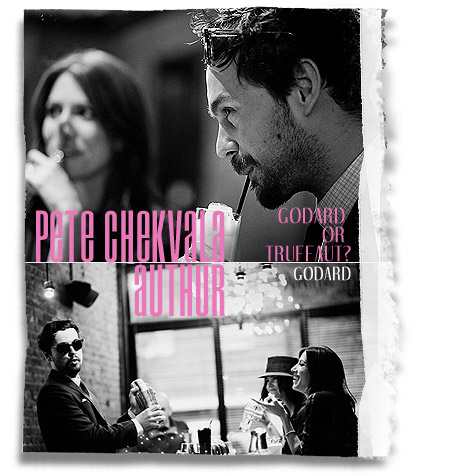
What was your favourite film as a child?
Slapshot. I loved hockey movies.
What’s your favourite thing to do in NYC and why?
I love drinking with old friends regardless of where I am, so I’d have to say my favourite thing to do in NYC is drinking with old friends.
If you could meet any person living or dead, who would it be (excluding Jesus or Einstein)?
Eve.
Do clothes help you get into character?
Oh absolutely. It’s the same as real life, clothes trick people. I mean, you wanna live the role of a politician or a “clean cut wholesome guy” put on a suit. A politician is gonna be treated differently in a suit than in fetish gear for example. Even though he may love to wear leather more than wool he’ll wear the wool to sell the part you know. It’s all acting. And acting, being mostly reacting, you rely on the other person to do most of the work first. Clothes help people to believe your character, which ultimately makes playing the character easier.
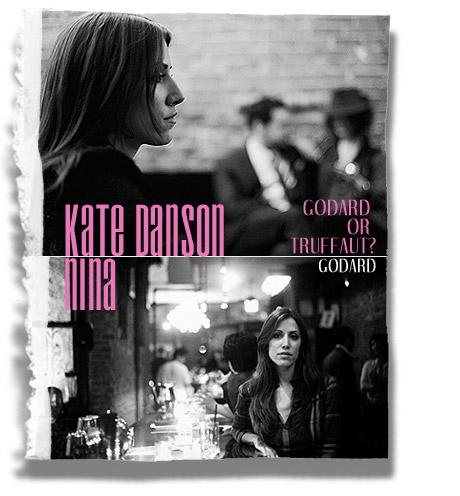
What was your favourite film as a child?
Labyrinth! I owned the VHS when I was really young and would watch it over and over again, singing along to every song. I was so infatuated with David Bowie!
What’s your favourite thing to do in NYC and why?
My absolute favourite thing to do in New York is people watching, but now that I just discovered the Highline, taking a walk along it might be a close tie for first…whilst people watching. Oh, and how can I forget — eating avocado toast at Cafe Gitane!
If you could meet any person living or dead, who would it be (excluding Jesus or Einstein)?
But I was going to say Jesus?! I guess I’ve always wished I had met my mother’s father.
Do clothes help you get into character?
Absolutely. Sometimes it’s just the littlest thing, like a ring or a pair of shoes, that will connect you to your character.








